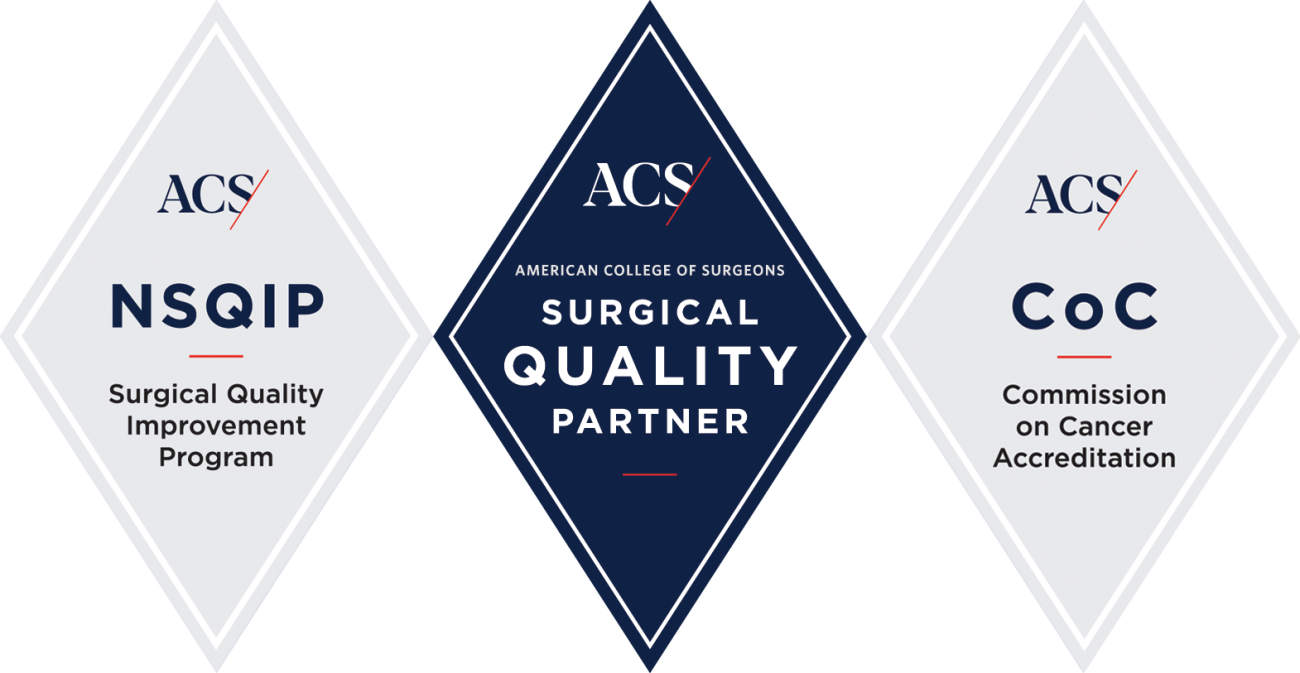Surgery to remove the testicle, some of the lymph nodes, and any other signs of cancer is typically the initial treatment.
Radical inguinal orchiectomy
This operation will remove the entire affected testicle through an incision in the groin. The testicle is then viewed under a microscope to check for cancer cells. (The surgeon does not cut through the scrotum into the testicle to remove a sample of tissue for biopsy because, if cancer is present, this procedure could cause it to spread into the scrotum and lymph nodes.) If cancer is found, the cell type (seminoma or nonseminoma) is determined in order to help plan treatment.
Retroperitoneal Lymph Node Dissection (RPLND)
Testicular cancer tends to spread in a predictable pattern, and the primary sites for metastasis are the lymph nodes found in deep the abdomen, the retroperitoneum. Retroperitoneal lymph node dissection is an operation to remove these lymph nodes. The purpose of the procedure may be diagnostic (to learn whether any cancer cells are left after chemotherapy) and/or therapeutic (to treat the type of testicular cancer called teratoma). The surgery is a significant operation because these lymph nodes:
- Surround major blood vessels, the aorta and vena cava.
- Sit directly next to nerves that run alongside the spinal cord and aorta. Damage to these nerves can result in retrograde ejaculation, where semen moves backward into the bladder instead of forward through the urethra to exit the body.
Life after surgery
Having one of both testicles removed can affect your life in several ways. It can impact your fertility, your desire and ability to have sex, and change how you look and how you feel about your body. It’s important to discuss these effects with your physician team before beginning your treatment and learn about options for addressing them. These may include:
- Fertility preservation or sperm banking
- Testosterone supplementation
- Testicle implant
Roswell Park’s Oncofertility Program is an important resource for those facing testicular cancer and offers fertility counseling and guidance for sperm banking if you choose.

